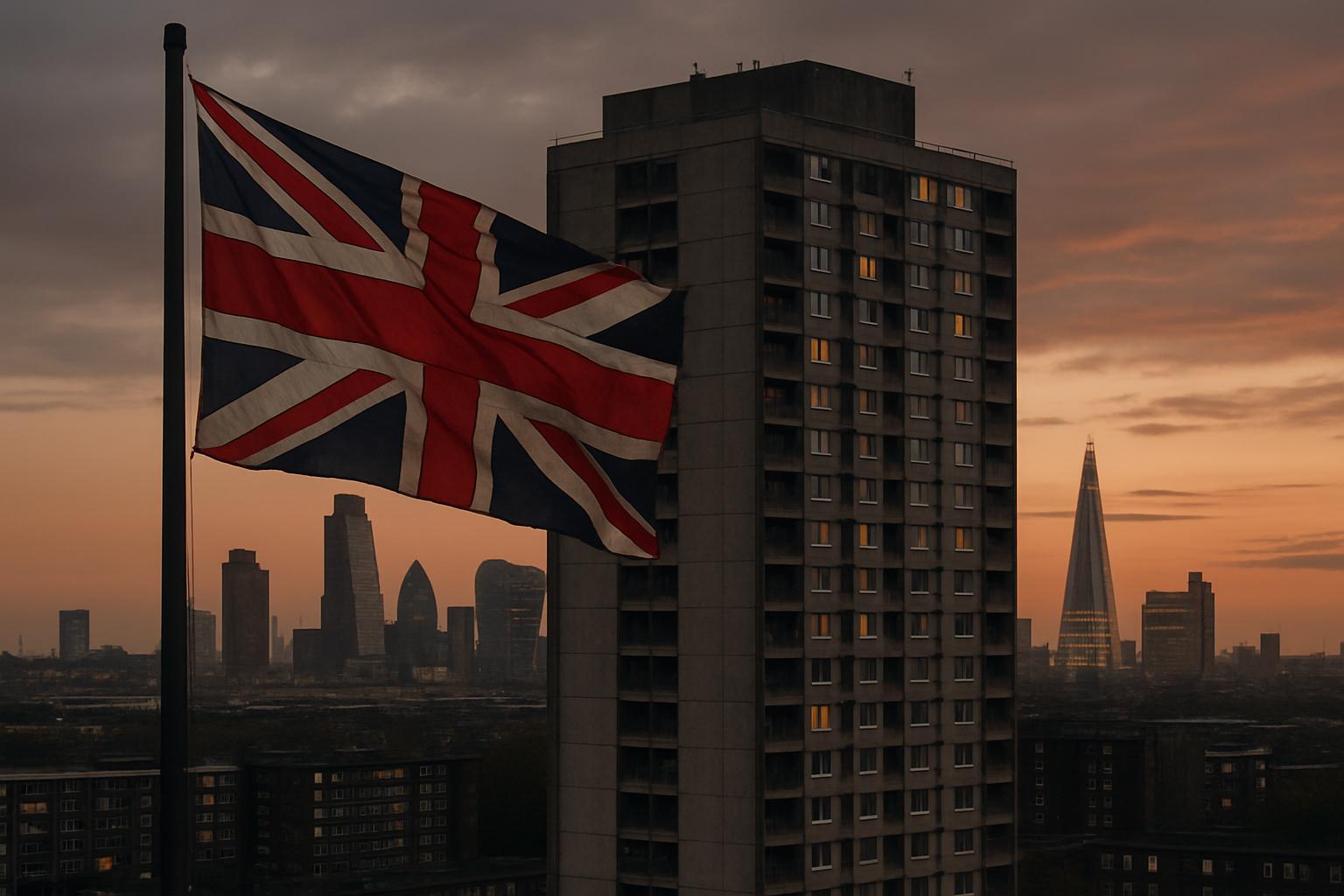The UK Home Secretary, Shabana Mahmood, is preparing to introduce extensive reforms to Britain's asylum and immigration policies, targeting illegal migration with a strict new approach inspired by international practices, particularly those of Denmark and the US Trump administration. Among the key measures set for announcement in the House of Commons are visa bans on all citizens, including tourists, VIPs, and business people, from three African countries, Angola, Namibia, and the Democratic Republic of Congo, if these countries fail to cooperate in accepting the return of illegal migrants. Mahmood’s firm message to foreign governments is clear: accept the return of your nationals or risk losing access to the UK. This hardline stance marks a significant shift in Britain’s approach to managing its borders and asylum system.
The planned package of reforms also aims to overhaul the UK’s human rights application in migration cases. Central to this is restricting the right to family life under Article 8 of the European Convention on Human Rights to only those asylum seekers with immediate family members such as children or parents residing in the UK. Furthermore, multiple appeals against asylum refusals would no longer be permitted, intended to speed up the process and reduce systemic strain. Mahmood highlighted the urgency of reform, warning that without such measures, public consent for the asylum system risks evaporating amid growing tensions about community stability.
Additional measures detailed in Mahmood’s plan include temporary refugee status with regular reviews, designed to return refugees to their home countries once safety is assured, and closer scrutiny of claims related to modern slavery. The reforms also intend to remove guaranteed housing and weekly allowances for asylum seekers, while introducing AI-powered facial age estimation technology to better verify the ages of migrants claiming to be children. Safe and legal routes into the UK are to be expanded in an effort to discourage perilous Channel crossings, which have seen record numbers of migrants in recent years despite multiple government crackdowns.
These reforms come amidst continuing concerns about rising migrant arrivals. So far in 2025, over 39,000 people have crossed the English Channel in small boats, surpassing totals from previous years. This surge intensifies public and political pressure to tighten border controls and accelerate removals of failed asylum seekers, efforts already backed by a £280 million government boost to border security operations, including new specialist investigators targeting people-smuggling gangs. The UK government has further introduced the world’s first sanctions regime aimed at freezing assets and imposing travel bans on individuals facilitating irregular migration.
Previous visa restrictions imposed by the UK on five countries, Dominica, Honduras, Namibia, Timor-Leste, and Vanuatu, highlight the government's strategy of targeting nations perceived to be exploiting visa-free travel to facilitate asylum claims. These restrictions were introduced following concerns about citizenship-by-investment schemes and surges in asylum applications from these countries' nationals.
The response to Mahmood’s reforms has been mixed. While some, like Conservative shadow home secretary Chris Philp, argue for even faster deportations and more radical solutions to manage both legal and illegal migration, others raise concerns about the humanitarian and financial implications. Enver Solomon, chief executive of the Refugee Council, warned that the proposed changes could ultimately cost the government £872 million over ten years due to the need to regularly review asylum seekers' status. He also argued the policies would not deter dangerous crossings but would hinder integration for many asylum seekers.
Opposition voices also highlight potential political obstacles. Conservative leader Kemi Badenoch cautioned that Labour backbenchers might oppose the reforms, while Reform UK leader Nigel Farage criticised what he described as Labour’s constrained ability to fully overhaul human rights laws.
As these sweeping reforms are poised to reshape the UK’s asylum landscape, the government faces the delicate challenge of balancing border security, public opinion, humanitarian obligations, and international legal commitments. Mahmood’s approach signals a decisive pivot toward stricter enforcement and expedited removals, with a clear intent to restore control over migration flows while addressing concerns about integration and community cohesion.
📌 Reference Map:
- [1] (Liverpool Echo) - Paragraphs 1, 2, 3, 4, 5, 6, 7, 8, 9, 10
- [2] (UK Government) - Paragraph 7
- [3] (Evening Standard) - Paragraph 7
- [4] (Evening Standard) - Paragraph 7
- [5] (UK Government) - Paragraph 7
- [6] (Al Jazeera) - Paragraph 4
- [7] (The Guardian) - Paragraph 1, 2
Source: Noah Wire Services
